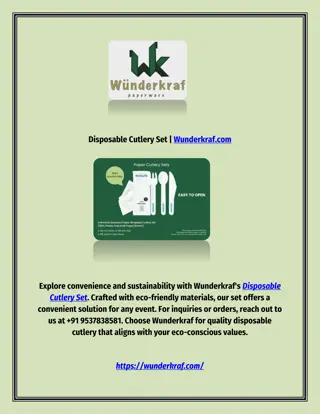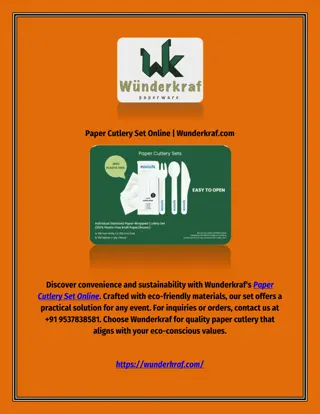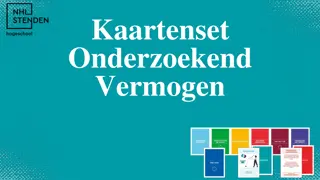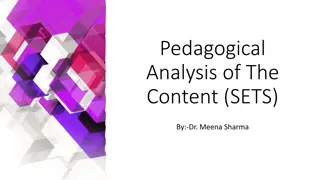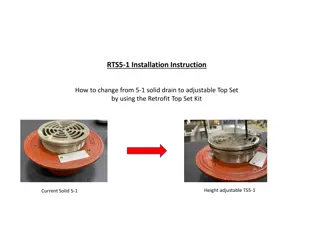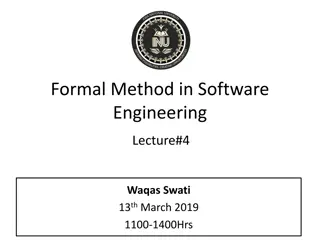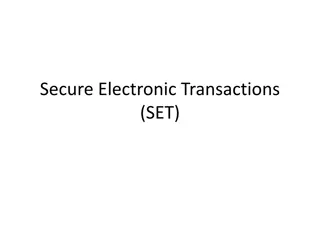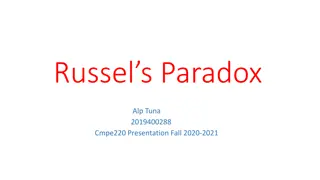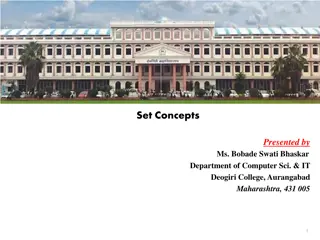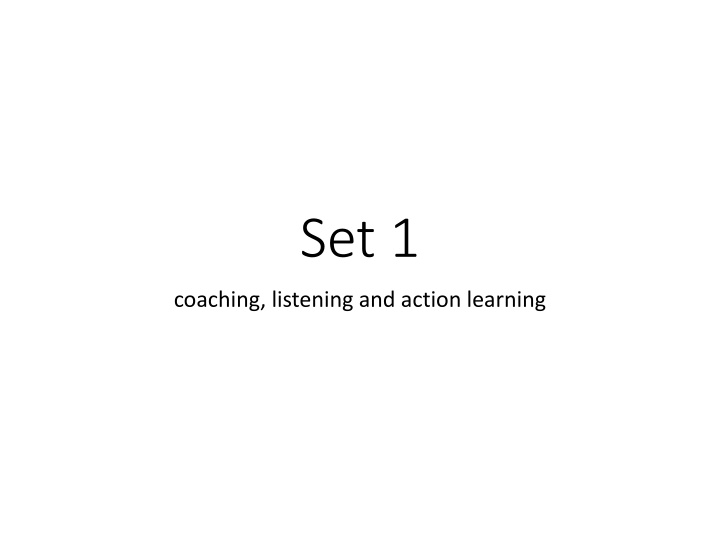
Unlocking Potential: Coaching and Action Learning Insights
Explore the power of coaching in unlocking individual potential, enhancing self-awareness, and fostering personal growth. Learn about the transformative impact of coaching on self-determination, competence, and well-being, as well as the key differences between coaching and other forms of guidance and support.
Download Presentation

Please find below an Image/Link to download the presentation.
The content on the website is provided AS IS for your information and personal use only. It may not be sold, licensed, or shared on other websites without obtaining consent from the author. If you encounter any issues during the download, it is possible that the publisher has removed the file from their server.
You are allowed to download the files provided on this website for personal or commercial use, subject to the condition that they are used lawfully. All files are the property of their respective owners.
The content on the website is provided AS IS for your information and personal use only. It may not be sold, licensed, or shared on other websites without obtaining consent from the author.
E N D
Presentation Transcript
Set 1 coaching, listening and action learning
Some definitions coaching is unlocking a person s potential to maximise their own performance. It is helping them to know rather than teaching them. Gallwey (1975) coaching is a process in which a manager, through direct discussion and guided activity, helps the colleague to learn to solve the problem or do a task, better than would otherwise have been the case. Megginson and Boydell (1984) Excellence in coaching is the implementation of a set of interpersonal processes that lead to the coachee experiencing enhanced physical health (physiological), engagement in effective, purposeful actions (behavioural), the possession of sufficient attentional control to process information effectively (cognitive), an ability to encounter a wider range of emotional states with equanimity and poise (affective), and the conscious linking of personal goals and commitments to important beliefs, core values, and/or developing interests (meaning). Spence and Deci (2013)
Coaching is.and is not Asking and listening to stimulate thinking Creating deeper awareness and insight to challenge initial assumptions Stimulating thinking about goals and solutions Based on partnership Motivating Reliant on relationships and trust Focused Giving choice and responsibility Telling, training or giving advice Counselling or therapy About finding the right answer Threatening, based on fear of authority Passive All-encompassing Mandatory Taking responsibility away
The spectrum of support Directing Guiding Coaching Push Pull Telling problem giving solvingadvice offering asking reflecting advice questions
Why coaching works Coaching increases self-awareness leading to greater feelings of social competence and greater opportunities to relate positively to others Coaching triggers learning and perspectives at a deeper level which open up new possibilities for action New possibilities for action help people to feel more in control and more self determined Intrinsic motivation and well-being increase when people experience self- determination, feelings of competence and more relatedness Spence and Deci (2016)
Coaching works when It works less well when There is a clear understanding of coaching Managers wish to empower staff People are partners and relationships are two-way The culture is person-centered based on respect There are obvious senior role models doing coaching Relationships are based on a parent-child approach Leaders approach is to seek to control People are seen as resources so the relationship is functional Coaching is seen as a technique not a culture There are influential saboteurs at work
Coaching style inventory Level of responsibility assumed by the client Coaching style inventory Level of responsibility assumed by the coach Developer Expert Guide Catalyst
Goal What do to you want to have at the end of our discussion? Topic What would you like to talk about? What area would you like to explore? Reality Describe the current situation? G T R Options What are your options? What could you do about this? O The GROW model W Will What will you do as a result of this thinking?
The GROW model in practice South West Coaching video
The power of listening The ability to be present in such a way that the mind in front of us does its own thinking Nancy Kline Listening to ignite rather than listening to reply Richard Moss on listening without distrust Hedy Schleifer - the power of connection Handbook page 17
Goal setting works well in coaching when It works less well when The coachee defines clearly what he or she wants and the goals are truly their own They align with the coachee s values They are clear and multi sensory Goals are challenging and are within coachee s sphere of control Goals are deeply desired - a personal dream that ignites action Goals are holistic Goals are expressed positively Narrow goals reduce richness, complexity and ambiguity The coach sets the goals They are so challenging they cause fear of failure and stress The goal conflicts with the coachee s values They inhibit dialogue around wider important issues Coach and coachee collude and stick to comfort zone



